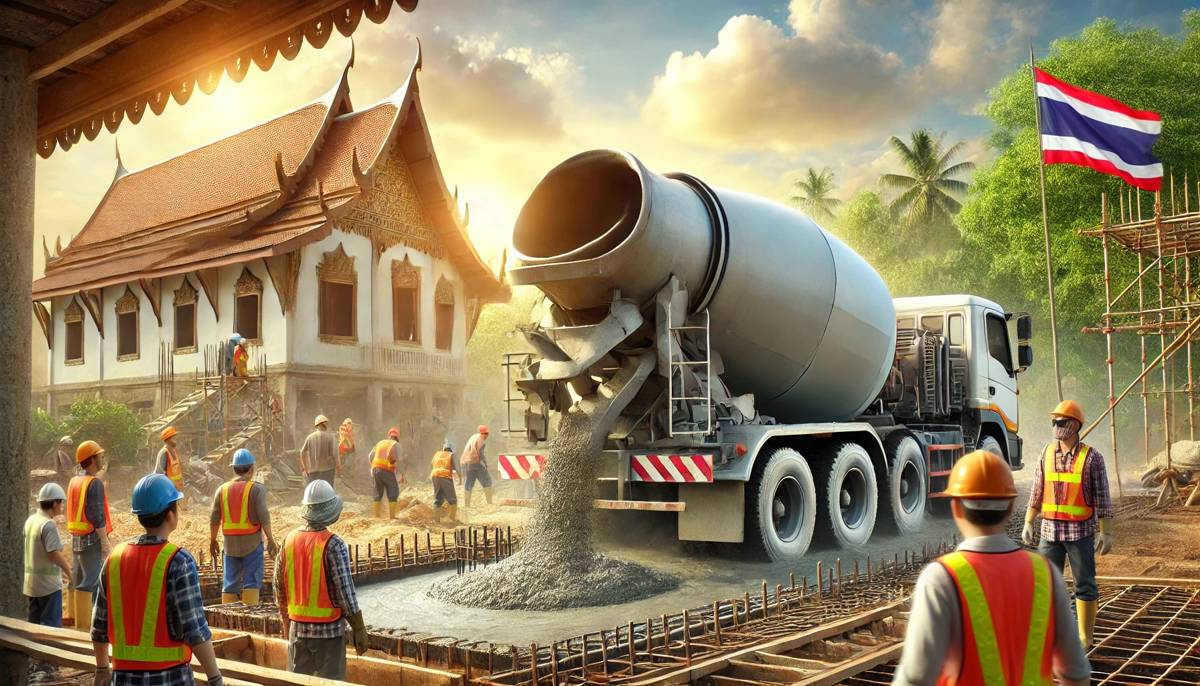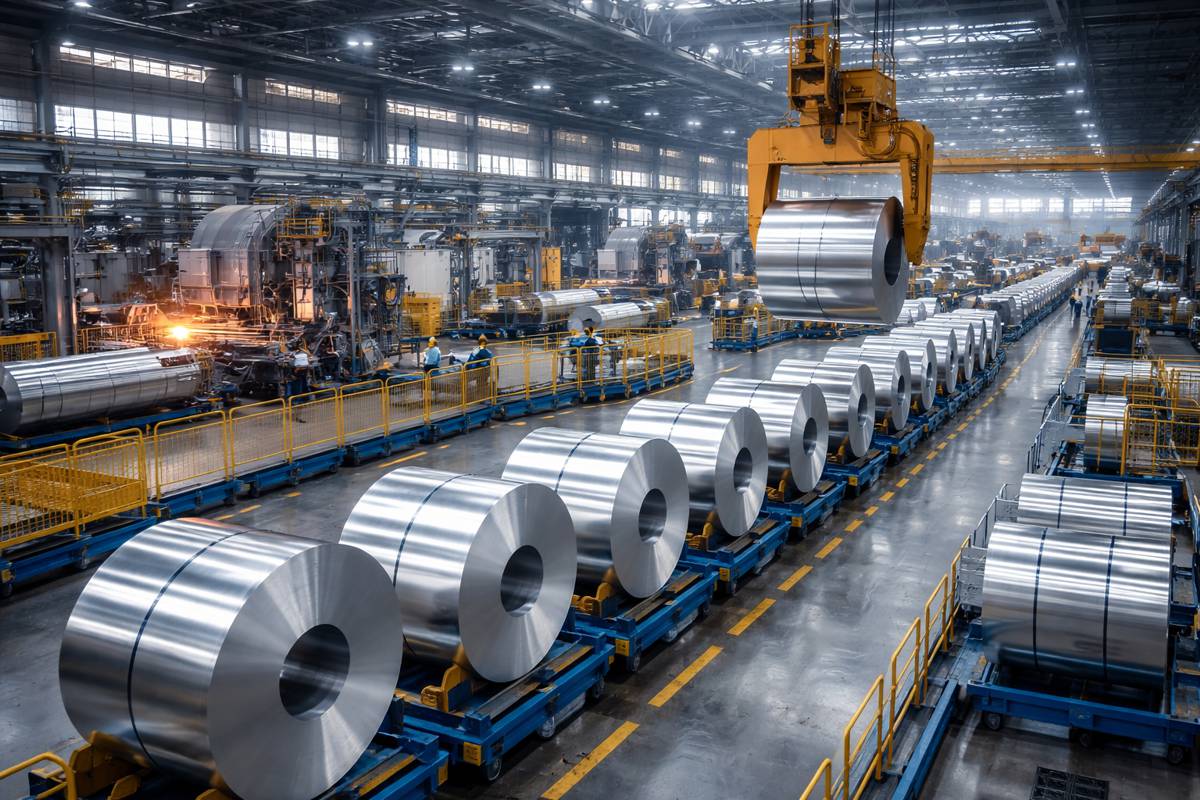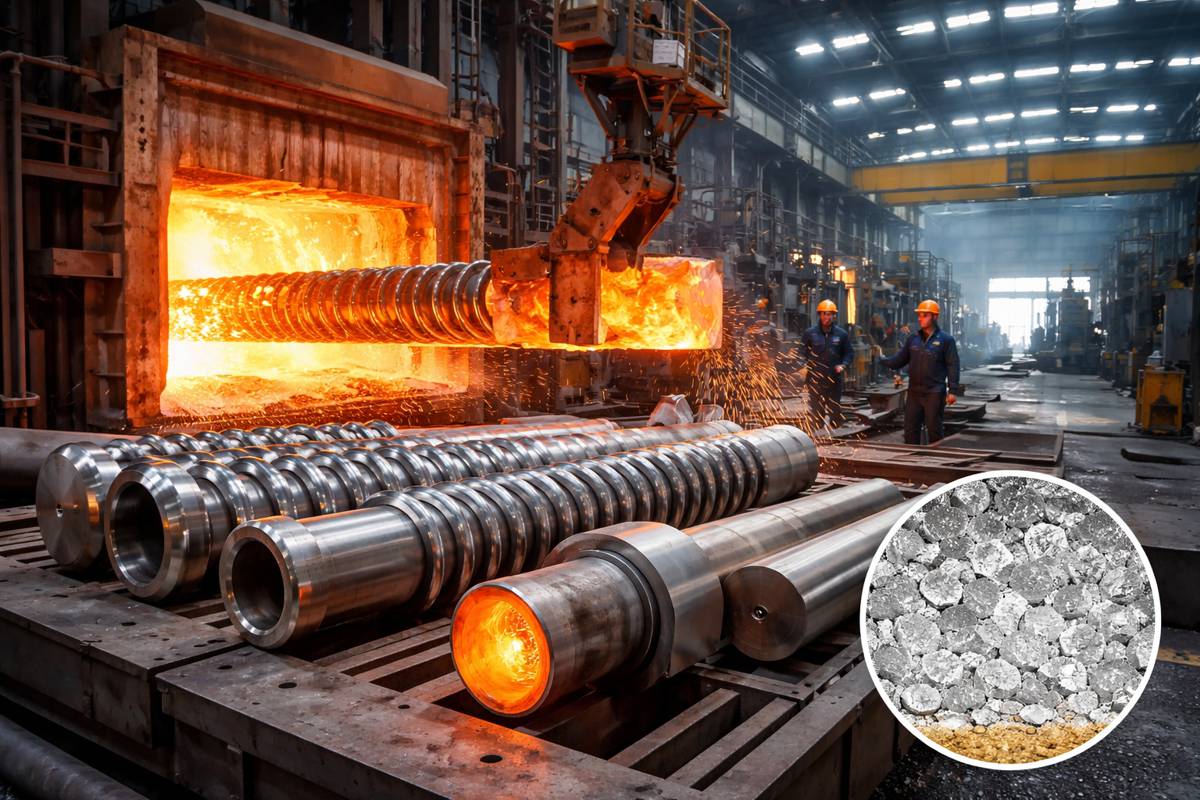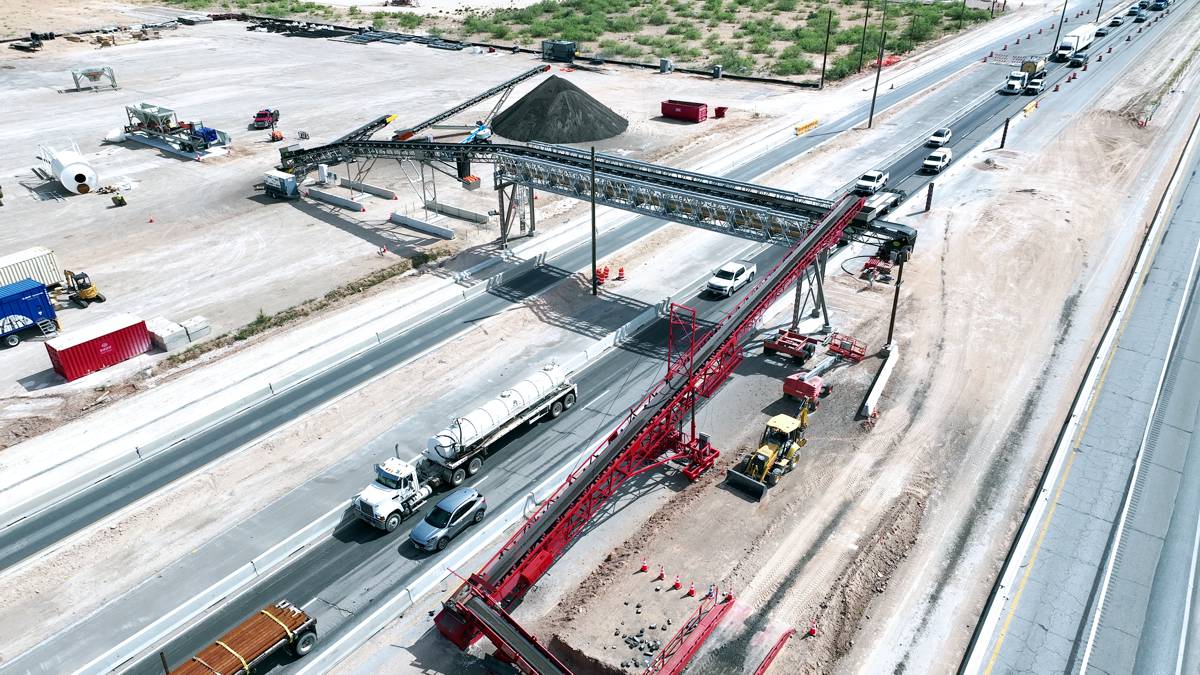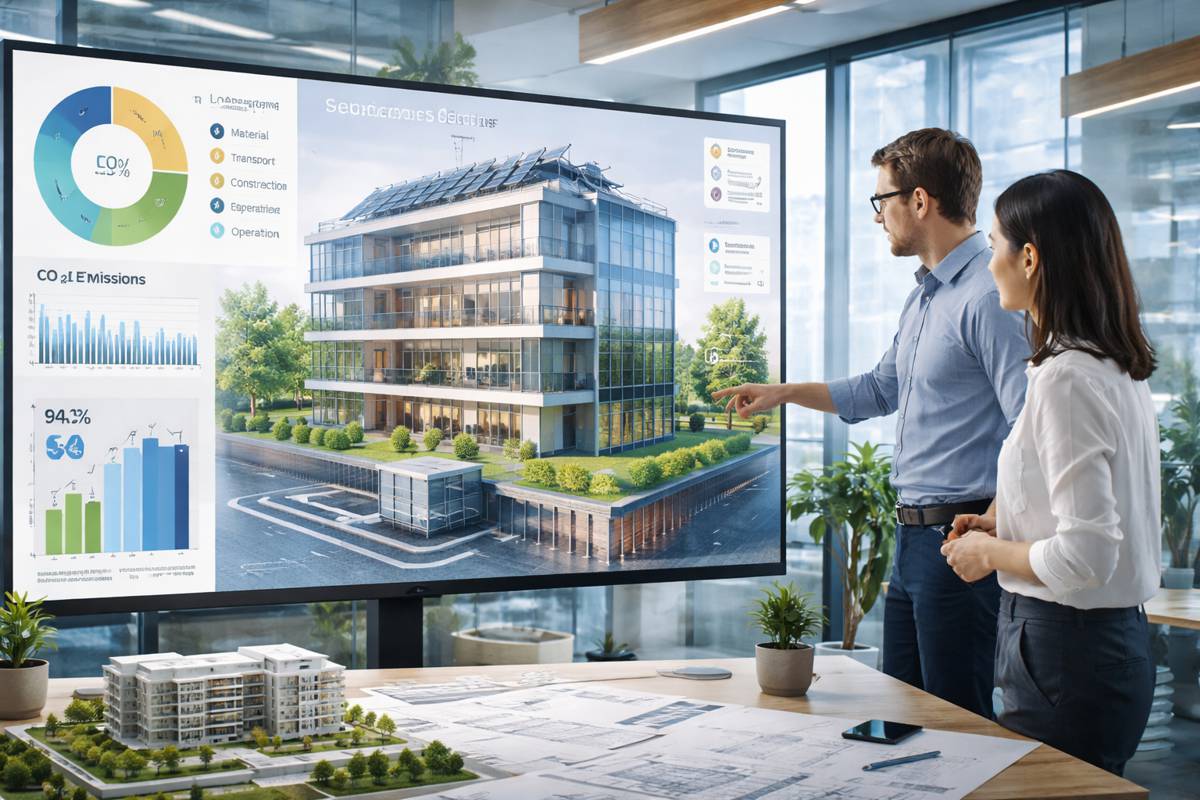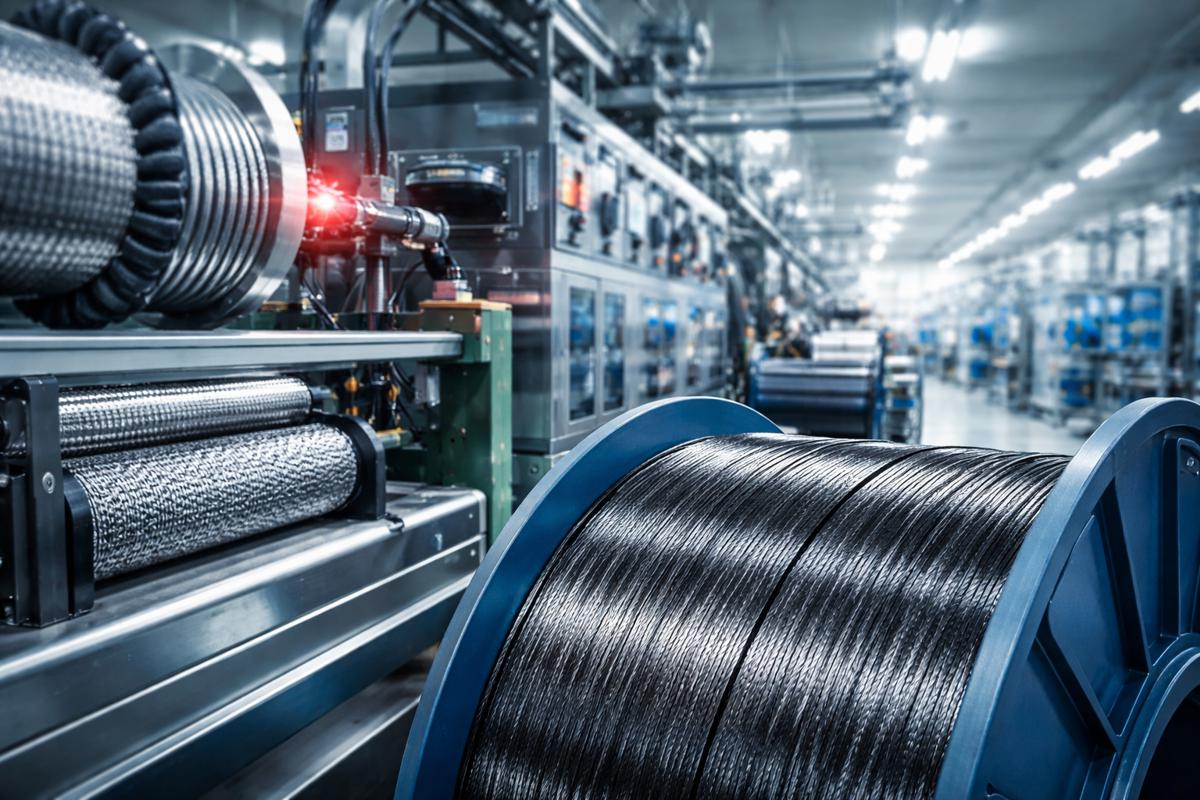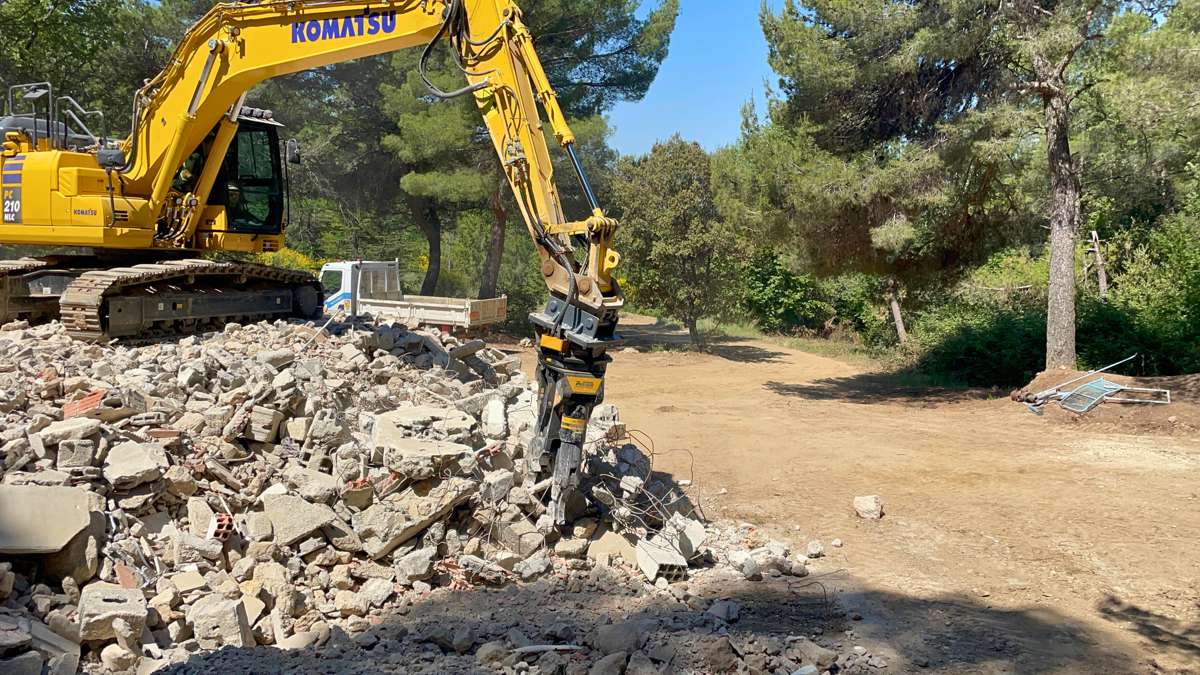Thai Cement Manufacturers Association Pioneering Sustainability
The Thai Cement Manufacturers Association (TCMA) made headlines at COP29 with its ground-breaking progress in the Saraburi Sandbox initiative.
This project has become a cornerstone of Thailand’s efforts to meet its ambitious Net Zero 2050 goals. Held in Baku, Azerbaijan, from November 11–22, 2024, COP29 revolved around the theme “In Solidarity for a Green World,” showcasing global commitments to sustainable development.
For Thailand, the Saraburi Sandbox serves as a shining example of integrating policy, technology, funding, and governance to unlock green financing opportunities.
A Vision for a Greener Thailand
At the Thailand Pavilion, TCMA highlighted the one-year achievements of the Saraburi Sandbox, cementing its role as a transformative platform for low-carbon industrial practices. In collaboration with the Department of Climate Change and Environment (DCCE), the Global Cement and Concrete Association (GCCA), and UNIDO, TCMA shared lessons learned and strategies for scaling sustainable innovations.
Dr. Chana Poomee, Chairman of TCMA, remarked on the association’s dedication to COP participation, stating: “Having a clear plan, multi-sector cooperation, and the right partnerships, together with international vision and local commitment, are essential to drive change.” This sentiment underpins the success of the Saraburi Sandbox, which aims to position Thailand’s cement industry as a leader in sustainability.
Key Milestones in the Saraburi Sandbox
Over the past year, the Saraburi Sandbox has delivered impressive results through a Public-Private-People Partnership (PPP) model. Highlights include:
- Hydraulic Cement Adoption: Over 80% of construction projects in Saraburi now utilise hydraulic cement, reducing carbon emissions.
- Alternative Fuels and Renewable Energy: The cement industry has increased its use of alternative fuels and renewable energy to 26%, setting a precedent for greener manufacturing.
- Energy Crops as Fuel: A pilot project cultivating Napier grass as an alternative fuel source has gained traction.
- Solar Carport Installation: Saraburi City Hall now boasts a solar carport with a renewable energy system, showcasing municipal commitment to clean energy.
- Community Waste Management: Local administrative organisations have spearheaded waste management initiatives, promoting circular economy practices.
- Community Forest Expansion: Green areas have been extended across 38 locations, enhancing biodiversity and carbon sequestration.
International Collaboration and Knowledge Sharing
The Saraburi Sandbox has attracted global attention, fostering collaborations that amplify its impact. Princeton University conducted a study on the province’s renewable energy potential, providing data-driven insights to inform future projects. Meanwhile, GCCA has facilitated knowledge sharing and policy alignment, enabling replication of successful initiatives on an international scale.
Mr. Thomas Guillot, Chief Executive of GCCA, praised TCMA’s leadership, stating: “What TCMA and members of Thai cement producers do is incredible and inspiring. The Saraburi Sandbox demonstrates TCMA’s pioneering role, and GCCA is proud to support these efforts with clear targets.”
Unlocking Green Funding for Sustainability
Securing green funding remains a critical focus for TCMA. The Saraburi Sandbox has positioned itself as a magnet for international investments, aligning with the Thailand 2050 Net Zero Cement and Concrete Roadmap. UNIDO has played a pivotal role by connecting TCMA with essential funding sources, ensuring the initiative’s scalability and longevity.
Dr. Chana underscored the urgency of accelerating multilateral collaboration, stating: “Thailand must harmonise government policies, eliminate regulatory barriers, and implement low-carbon projects with private sector involvement. International organisations’ support for technology and funding is vital for driving a sustainable, competitive transition.”
Challenges and Opportunities
While the Saraburi Sandbox has made remarkable strides, challenges persist. Regulatory hurdles and the need for broader community engagement highlight areas requiring immediate attention. However, these challenges also present opportunities to innovate and strengthen partnerships.
By integrating global best practices and leveraging advanced technologies, Thailand can address these obstacles effectively. The Saraburi Sandbox serves as a model for other regions, demonstrating how collaborative efforts can yield tangible results in the fight against climate change.
A Blueprint for the Future
As the world races to achieve net zero targets, the Saraburi Sandbox exemplifies the power of collective action. Its success lies in its holistic approach, blending local initiatives with international expertise to create a scalable, impactful model for sustainability.
Thailand’s commitment to the Net Zero 2050 vision is evident in projects like the Saraburi Sandbox. With continued support and innovation, this initiative is set to drive significant progress, not just for the cement industry, but for the nation’s broader sustainability goals.
